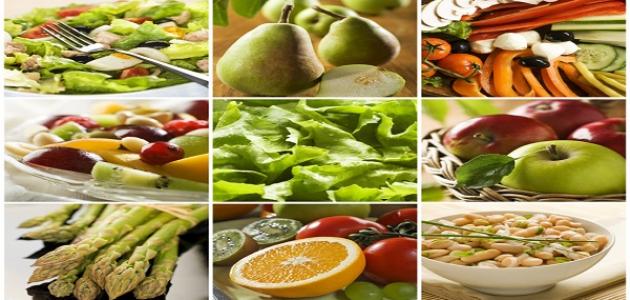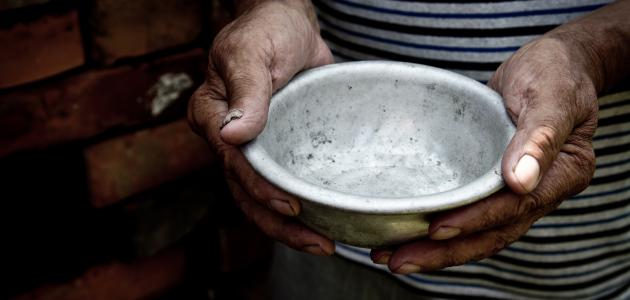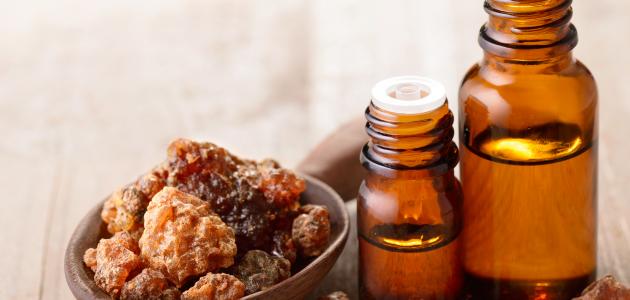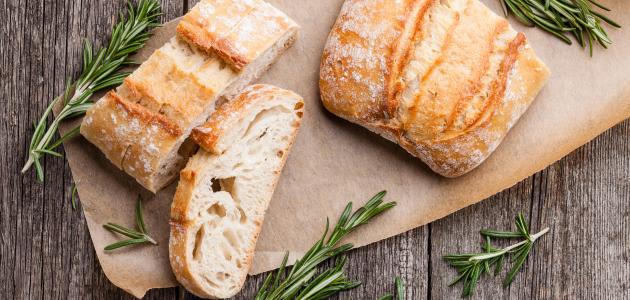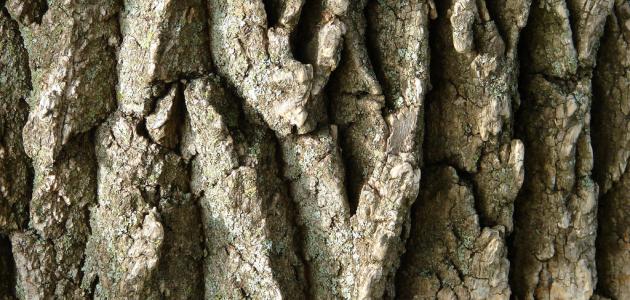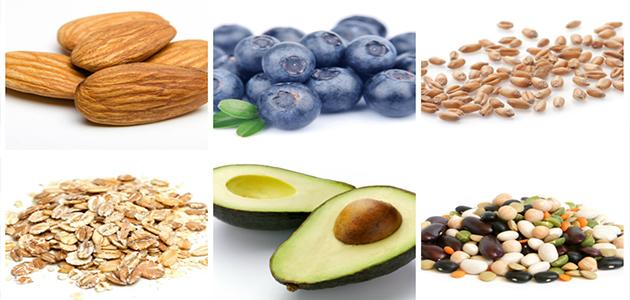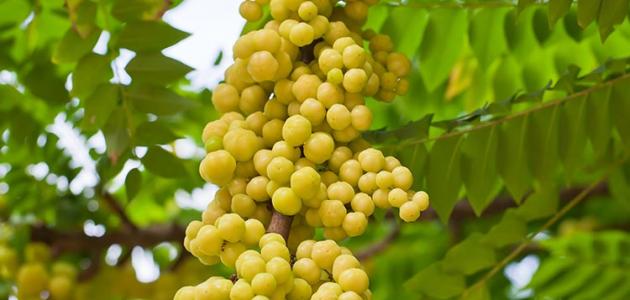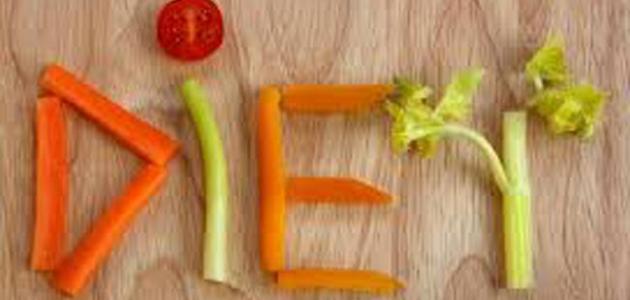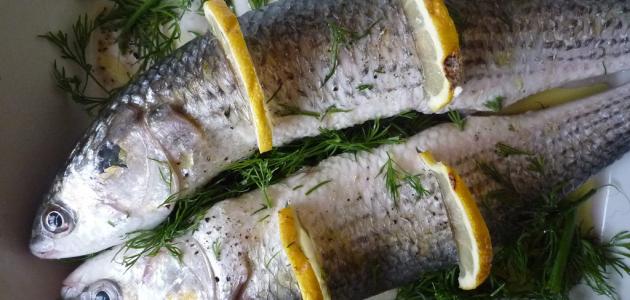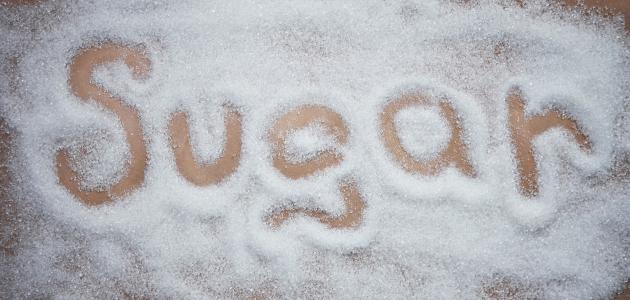Contents
- 1 Suitable food for patients with liver disease
- 2 foods that are recommended to be avoided for patients with liver disease
- 3 The importance of a healthy weight for patients with liver disease
- 4 Do people with liver disease need vitamin and mineral supplements?
- 5 What is the importance of physical activity for patients with liver disease?
- 6 References
Appropriate food for patients with liver disease
People with liver problems should follow a good, balanced diet; To maintain strength and a healthy weight, noting the need to know how food affects the liver for those suffering from diseases in it, and in general. The elements of a healthy diet are appropriate for most people, but there are nutritional considerations for patients with liver disease, and special or therapeutic diets for those suffering from advanced stages of the disease. [1]
It is worth noting that if the doctor or nutritionist recommends a diet or certain foods for those suffering from liver diseases, they should never be changed unless after consulting him . [1] This is to determine how well their liver functions, and then choose the best diet to get the right amount of nutrients. [2]
in general; Patients with liver disease are advised to follow a healthy and balanced diet during the day, which contains a variety of foods from all food groups, and is appropriate for the condition and needs of the person. To get all the nutrients that the body needs. The following are some general recommendations for people with severe liver disease: [3]
- Eat at least 5 portions of fruits and vegetables daily.
- Eat some dairy products and alternatives low in fat and sugar, such as soy drinks.
- Drink 6-8 cups of fluids daily.
- Eat adequate amounts of carbohydrates, as they are the main source of calories in the system. [2] It is recommended to have a light meal rich in carbohydrates in the evening; To help support the liver during the night. [4]
- Eat moderate amounts of fat, according to recommendations. The increased carbohydrates and fats help reduce protein breakdown in the liver. [2] It should be noted that it is important to choose foods that contain healthy fats, such as unsaturated fats, such as: monounsaturated and polyunsaturated fatty acids, omega-3 fatty acids found in vegetable sources and fish. [5]
- Examples of healthy sources of fats include avocados , nuts, olive oil, canola oil, safflower oil, salmon, tuna, and mackerel. As for sources of unhealthy fats; Which contain saturated and trans fats ; They are found in animal sources, such as: meat, poultry, full-fat dairy products, solid fats at room temperature, such as ghee, partially hydrogenated vegetable oils, and margarine, and these foods are harmful to those who suffer from cardiovascular diseases or are at risk of diabetes. [5]
- Eat foods rich in fiber; To help the liver function better, including: fruits, vegetables, wholegrain bread, rice and grains. [6]
- Drink enough water; To reduce the risk of dehydration, and to help the liver function better. [6]
- Knowing the appropriate amount of protein that the body needs, and the patient may need to increase or decrease it according to his condition, and it is recommended to consult a doctor or health care provider to find out the appropriate amount of protein in a person's diet. [7] It is recommended that you distribute the protein intake throughout the day, by eating 4-6 light meals a day instead of the two main meals. [4]
- Choose starchy foods that help provide energy for the longest time possible, such as potatoes, rice, pasta, and grains. [4]
- Consuming drinks high in protein and calories according to the advice of a doctor or dietitian, in the event of suffering from poor appetite and inability to eat snacks. [4]
- Eating foods with index Glycemic low , such as fruits, vegetables, and whole grains; Because it has a lower effect on blood glucose compared to foods with a higher glycemic index such as white bread, white rice and potatoes. [8]
- To read more about foods with a low glycemic index, you can refer to the Low glycemic index foods article .
Note: a nutritionist should be consulted if symptoms of advanced liver disease appear; To choose a diet that is more specific to the condition of each person, and among these symptoms: loss of appetite, nausea, low energy levels, fluid retention in the legs or accumulation in the abdomen, and others. [1]
To find out about foods that are good for the liver, you can read the foods that benefit the liver .
Foods that are recommended to be avoided for patients with liver disease
People with liver disorders need to avoid several foods, including the following: [9]
- Alcohol; Alcoholic beverages are among the leading causes of fatty liver disease and other liver diseases.
- Sugary foods, such as candy, cookies, soft drinks and fruit juices, to reduce high blood sugar and fat accumulation in the liver.
- Red meat rich in saturated fats; As beef, and cold cuts.
- White bread, rice, and pasta, made with highly processed white flour, can lead to high blood sugar due to lack of fiber, [9] and foods containing high fructose corn syrup are also advised. [10]
- Foods high in fat and calories; Like fried foods, including fast-food meals, and raw or undercooked shellfish. [6]
- Salts, as eating large amounts of salt leads to the body retaining excess water, so it is recommended to eat less than 1500 milligrams of sodium per day, [9] Here are some tips to reduce sodium: [11]
- Eat fresh rather than processed foods, including canned vegetables.
- Check the amount of sodium in foods before purchasing them, by reading the food label.
- Avoid fast food restaurants; Because most fast foods are high in sodium.
- Limit your intake of meat, especially red meat, which is high in sodium, and replace it with vegetarian, meat-free alternatives.
For more information, you can read the Foods Harmful to the Liver article .
The importance of a healthy weight for patients with liver disease
Obesity is associated with an increased risk of some liver diseases, and it is believed that 90% of obese people have fatty liver, and that obesity may accelerate liver damage from other conditions. Such as alcoholic liver disease, in addition to reducing the effectiveness of hepatitis C treatments , so it is advisable to maintain a healthy weight by balancing the amount of food eaten and the energy needed by the body, which varies according to age, gender, weight, and the amount of activity Physical, it is worth noting that patients with liver disease need more energy and protein than healthy people. [12]
People with liver disease are advised not to follow a strict diet to lose weight, and to take the doctor’s advice to choose an appropriate and safe diet for their conditions. Increasing physical activity and reducing calories intake is usually one of the best ways to lose weight. [12] In general, calories can be reduced by a certain amount. 500-1000 calories per day, and the doctor may recommend gradual weight loss for people who are overweight or obese and have NAFLD or nonalcoholic steatohepatitis, and it is also recommended to reduce fat intake To reduce the risk of these diseases, because they contain a high percentage of calories that increase the risk of obesity. [10] [8]
Do people with liver disease need vitamin and mineral supplements?
Chronic liver disease may cause changes that may lead to a deficiency. Which may cause some problems such as excessive bleeding, osteoporosis, anemia, night blindness, and in general; Liver patients who eat a variety of healthy foods do not need to take vitamin and mineral supplements, but the doctor may recommend taking vitamin and mineral supplements if the person does not eat foods that ensure that he gets all the nutrients. To get adequate amounts of vitamins and minerals. [13] [5]
It should be noted that, in particular; Patients with alcoholic fatty liver need to take vitamin B1, folic acid, and multiple vitamins that contain vitamin B2 and vitamin B6, and they may also be advised to consume vitamin C if they do not suffer from a disease called hemochromatosis, as it may be Calcium supplements are useful for women from the age of 50 years or more, and for men from 70 years and over, and it is worth noting here that it is important not to use nutritional supplements or follow any diet without consulting a doctor or a nutritionist . [5]
What is the importance of physical activity for patients with liver disease
Exercising regularly with the diet helps to maintain a healthy weight, or reduce excess weight , in addition to controlling symptoms of liver disease and reducing them, as exercise helps burn triglycerides; To obtain energy, this may help reduce fat in the liver as well, [9] [14] so it is recommended to do moderate exercise for 30-60 minutes about 3-4 times a week, [10] or for 30 minutes over 5 days a week. The week, according to the recommendations of the American Heart Association, and below are some tips to increase physical activity throughout the day, without the need to devote time to full exercise: [15] [16]
- Do stretching exercises every morning.
- Walk on a treadmill while watching TV.
- Use the stairs instead of the elevator.
- Farming in the home garden.
- Standing while working at the desk
References
- ^ A b t "Diet And Liver Disease" , Www.britishlivertrust.org.uk , Retrieved 21-11-2020. Edited.
- ^ A b T. Michael M : Phillips, Zieve , David (26-3-2019), "Diet - Liver DISEASE" , Www.medlineplus.gov , Retrieved 21-11-2020. Edited.
- ↑ "A Well-Balanced Diet" , www.britishlivertrust.org.uk , Retrieved 11-21-2020. Edited.
- ^ A b t w "Cirrhosis And the Advanced Liver Disease" , Www.britishlivertrust.org.uk , Retrieved 21-11-2020. Edited.
- ^ A b t w "In the Early Nutrition Liver Disease" , Www.hepatitis.va.gov , Retrieved 21-11-2020. Edited.
- ^ A b T "A Diet the Healthy, of a Healthier Liver, of a Healthier You" , Www.liverfoundation.org , Retrieved 21-11-2020. Edited.
- ↑ Daus Mahnke (28-3-2017), "Lifestyle Changes to Manage Cirrhosis" , www.winchesterhospital.org , Retrieved 11-21-2020 . Edited.
- ^ A b "Eating, Diet, Nutrition & For & NASH of NAFLD" , Www.niddk.nih.gov , 11-2016, Retrieved 21-11-2020. Edited.
- ^ A b t w Stephanie is Watson is (7-3-2019), "12 Foods To Fatty Liver Reversal Powered by vBulletin Help" , Www.healthline.com , Retrieved 21-11-2020. Edited.
- ^ A b T. "Liver DISEASE" , Www.mayoclinic.org , 21-2-2020, Retrieved 21-11-2020. Edited.
- ↑ "Diet in Liver Disease" , www.gastrocenter.org , Retrieved 11-21-2020. Edited.
- ^ A b "Keeping the Healthy Weight of a" , Www.britishlivertrust.org.uk , Retrieved 21-11-2020. Edited.
- ↑ "Nutrition in chronic liver disease" , www.health.qld.gov.au , 10-2017, Retrieved November 22, 2020. Edited.
- ↑ "13 Ways to a Healthy Liver" , www.liverfoundation.org , Retrieved November 22 , 2020 . Edited.
- ↑ Jon Johnson (4-12-2019), "What to eat for a fatty liver" , www.medicalnewstoday.com , Retrieved November 22 , 2020. Edited.
- ↑ "Warm Weather FITNESS GUIDE YOUR PATH TO HEART HEALTH" , www.heart.org , Retrieved 11-22-2020. Edited.
